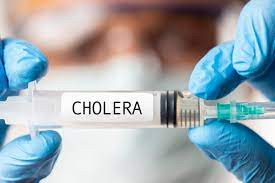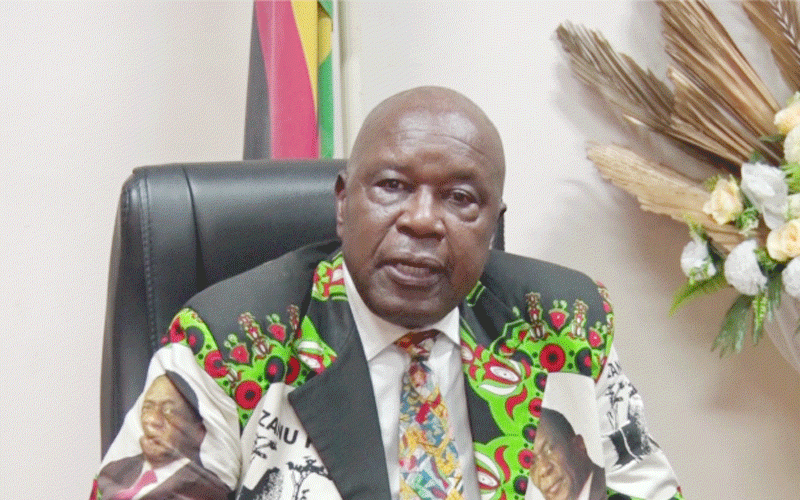
The government says a fresh cholera outbreak has spread to eight districts, infecting nearly 300 people.
Burst pipes left in disrepair for months and spewing human waste into the streets are believed to be the cause.
The Health and Child Care ministry said the current cholera outbreak has affected the districts of Bikita, Bindura, Chiredzi, Chipinge, Kariba, Goromonzi, Mazowe and Shamva.
The farming town Glendale in the Mazowe district, located about 70 kilometres north of Harare, is one of the epicentres of the cholera outbreak.
Residents there are appealing to the government to take urgent action to end the spread of the disease.
People there are forced to navigate pools of sludge after the government left burst pipes neglected for months.
Human waste carrying disease agents have apparently been contaminating freshwater sources this way in Glendale and beyond.
On December 26, 2024, 10 members of one family in Glendale had to be rushed to the Tsungubvi cholera treatment centre after they showed symptoms of the waterborne disease.
- Hesitancy slows Covid vaccination for children
- Hesitancy slows Covid vaccination for children
- Multisectoral COVID-19 messaging campaign improving prevention and vaccine uptake in Zimbabwe
- Cultivate demand for Covid-19 vaccines
Keep Reading
The Nyirongo family had been relying for years on their shallow well as their main source of water, but sewage had lately been seeping into the underground water supply as rains persisted across the country.
"It rained heavily for two consecutive days on December 24 and 25, leading to the contamination of our well with sewage, even before that, possibly,” 71-year-old Erecta Nyirongo told reporters.
“We hope they will supply us with clean water going forward to avoid these diseases.”
Throughout Zimbabwe — including the capital Harare, there are no reliable water sources at the moment, as raw sewage has been flowing into people's water sources amid the overall state of disrepair of the water system.
Health and Child Care deputy minister Sleiman Timios Kwidini recently visited Mazowe district to assess the extent of the cholera outbreak after one life was claimed there by the illness.
Kwidini said the government has partnered other organisations to drill two boreholes in Glendale. But is this going to be enough for everyone?
The deputy minister said some local wells can remain in use as the government is planning to provide “tablets which are going to assist killing the bacteria, which is found in water”.
“Also, we are encouraging our community to boil water, even if it's coming from a clean or protected water source, so that we reduce chances of getting cholera,” he said. —DW









